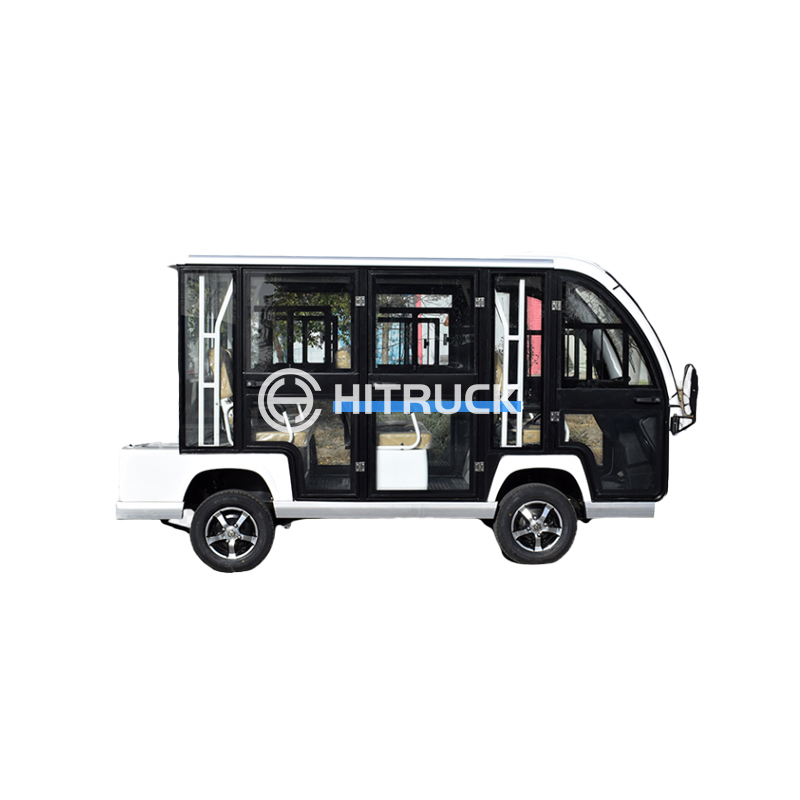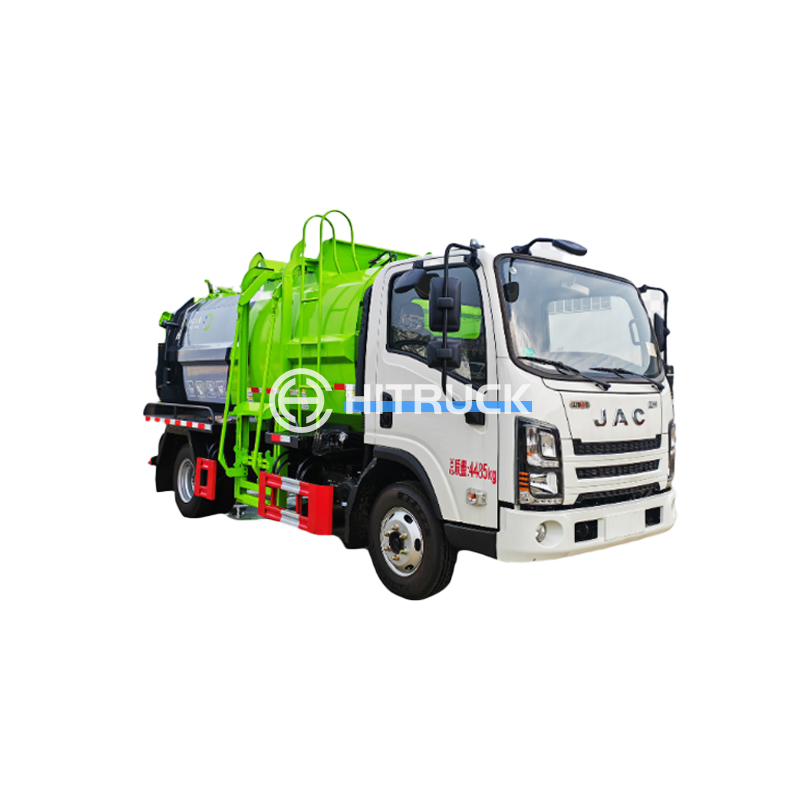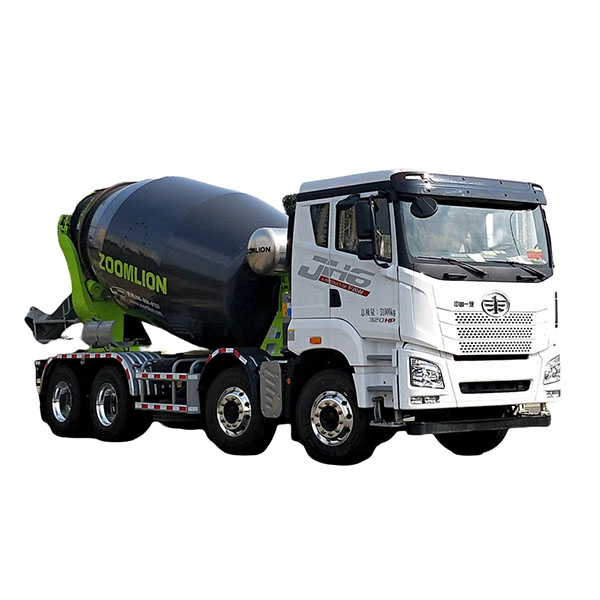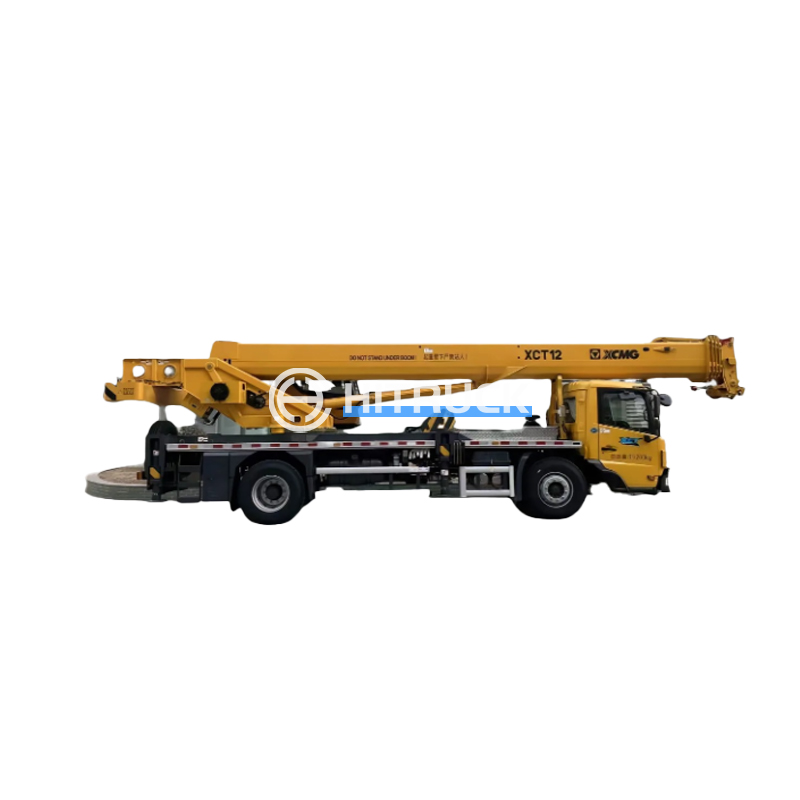Mobile Overhead Cranes: A Comprehensive GuideA comprehensive guide to selecting, installing, and maintaining mobile overhead cranes, covering safety regulations, capacity considerations, and various applications. Learn about different types, advantages, and disadvantages to make informed decisions for your specific needs.
Choosing the right mobile overhead crane is crucial for efficient and safe material handling. This guide provides a detailed overview of mobile overhead cranes, encompassing their various types, applications, safety considerations, and maintenance requirements. We'll explore factors influencing selection, including capacity, reach, and power source, helping you make an informed decision for your specific operational needs.
These mobile overhead cranes feature independent movement, allowing for precise positioning of loads within a defined workspace. They are often found in manufacturing settings and warehouses needing flexible material handling solutions. This type of crane allows the hoist trolley to move along the bridge, while the bridge itself travels on rails. This provides flexibility for moving material across a large area. Consider factors like the weight capacity and span when making your purchase. For example, a 5-ton crane with a 10-meter span might be suitable for a smaller workshop, while a 20-ton crane with a 20-meter span is needed for larger industrial settings.
Gantry cranes are a type of mobile overhead crane that stands on its own legs, eliminating the need for a fixed runway system. Their mobility makes them ideal for outdoor use or areas with limited overhead space. They're often used in construction or shipbuilding, where materials need to be moved around a large area. Their portability makes them a versatile choice.
While not strictly overhead in the traditional sense, jib cranes are often included in mobile crane discussions. They offer a smaller footprint and are commonly used for lifting lighter loads in workshops or smaller industrial areas. They are an excellent option for moving materials within a smaller workspace. Several types of jib cranes exist: cantilever jib cranes, wall-mounted jib cranes, and free-standing jib cranes.
Selecting the appropriate mobile overhead crane requires careful consideration of several key factors. This section outlines these crucial aspects to ensure safe and efficient operation.
The crane's lifting capacity must exceed the maximum weight of the objects it will handle, with a safety margin incorporated. Lifting height needs to accommodate the tallest stacks or items the crane needs to move. Always consult with the Suizhou Haicang Automobile sales Co., LTD for accurate calculations.
The crane's reach determines the horizontal distance it can cover. The span is the distance between the crane's supports. These factors must match the operational area’s dimensions to ensure efficient material handling.
Mobile overhead cranes can be powered by electricity, diesel, or hydraulics. The choice depends on factors such as cost, environmental concerns, and the presence of power sources.
Safety features are paramount. Essential features include emergency stop mechanisms, overload protection systems, and effective braking systems. Regular inspections and maintenance are vital for ensuring the crane's continuous safe operation. Understanding and adhering to all relevant safety regulations is crucial.
Regular maintenance is vital for preventing accidents and ensuring the longevity of your mobile overhead crane. This includes regular inspections, lubrication, and any necessary repairs. Adherence to local and national safety regulations, such as those set out by OSHA (in the US) or similar bodies in other countries, is non-negotiable.
| Crane Type | Mobility | Capacity | Typical Applications |
|---|---|---|---|
| Overhead Crane with Independent Travel | High | Varies widely | Warehouses, factories |
| Gantry Crane | High | Varies widely | Construction sites, shipyards |
| Jib Crane | Limited | Generally lower | Workshops, small factories |












